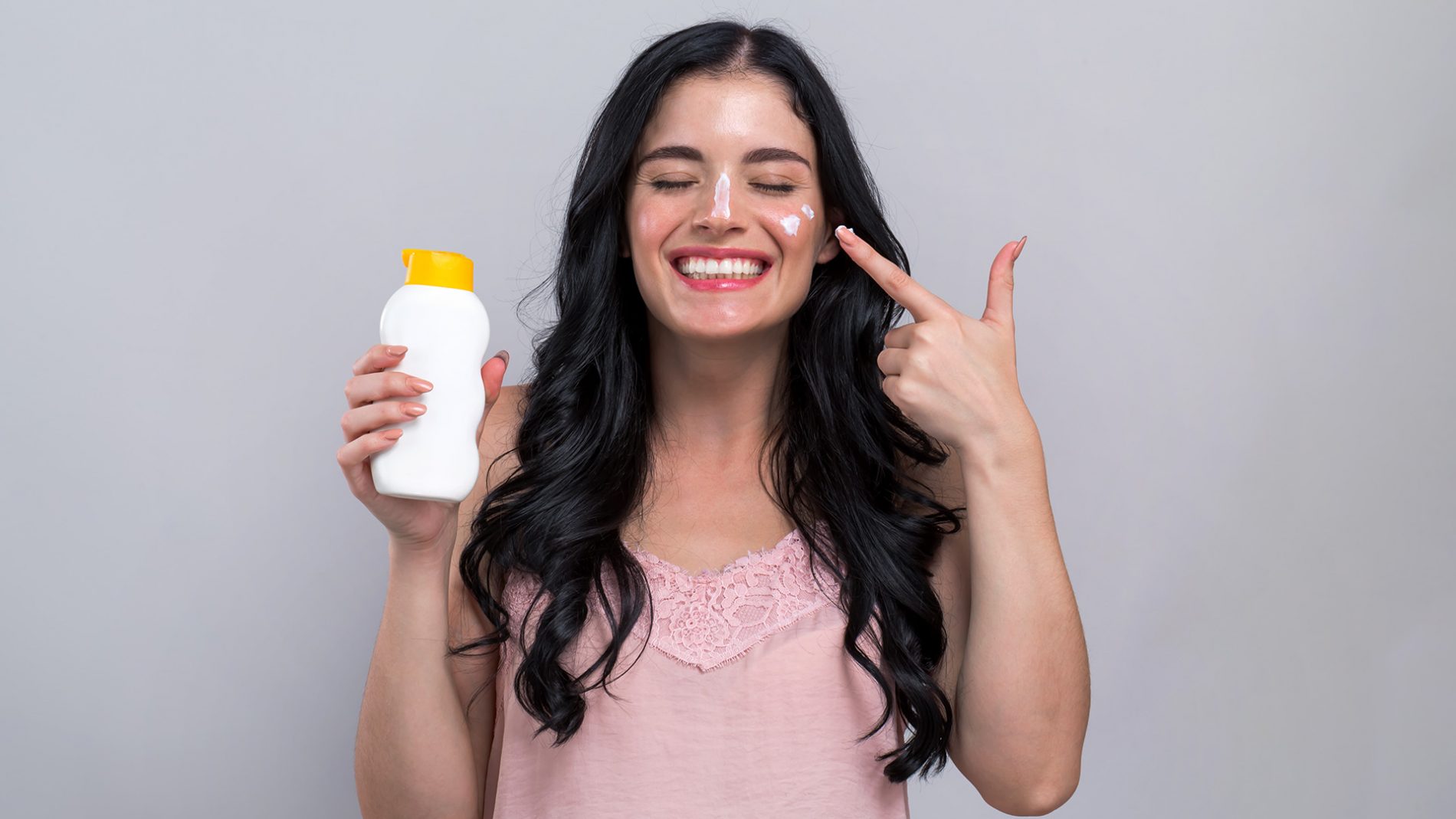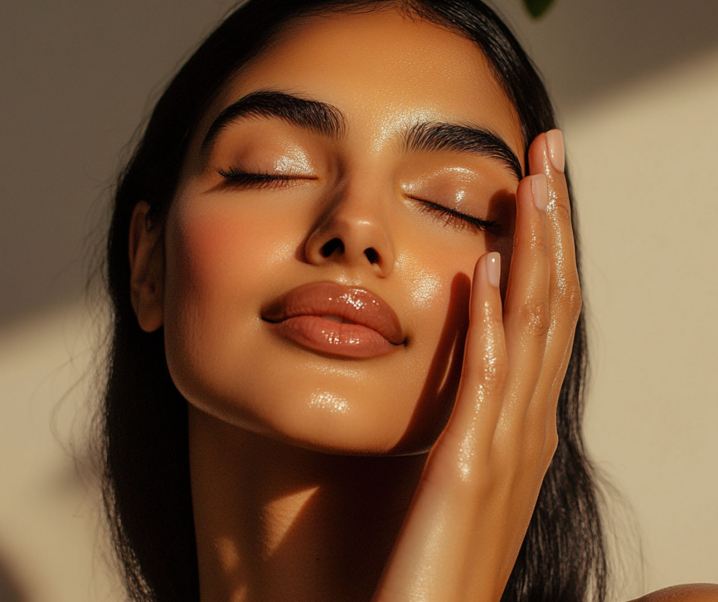Sunscreen is like a reliable friend who always has your back (and your face, and your arms, and your legs…you get the idea). That’s why it’s crucial to know how to use it properly all year round. Our “Sunscreen 101: Blocking UV Rays like a Boss” guide covers everything from SPF and PA ratings to tips on applying sunscreen to tricky areas. With this blog, you’ll be able to protect your skin from harmful UV rays like a true boss. So, grab your sunscreen and let’s get started on this sun-safe adventure!
An Overview
Let’s start with the basics: what is sunscreen?
Sunscreen is your skin’s best friend when it comes to shielding against the sun’s harmful UV rays. We’re talking about those sneaky UVA and UVB rays that can damage your skin faster than a toddler with a crayon.
UVA rays can penetrate deep into your skin, causing premature ageing like wrinkles and fine lines, while UVB rays are the culprits behind those pesky sunburns. That’s why you want a sunscreen that’s got your back with broad-spectrum protection against both of these bad boys.

Types of Sunscreen
There are three types of sunscreen you need to know about: physical, chemical, and hybrid. Let’s break it down.
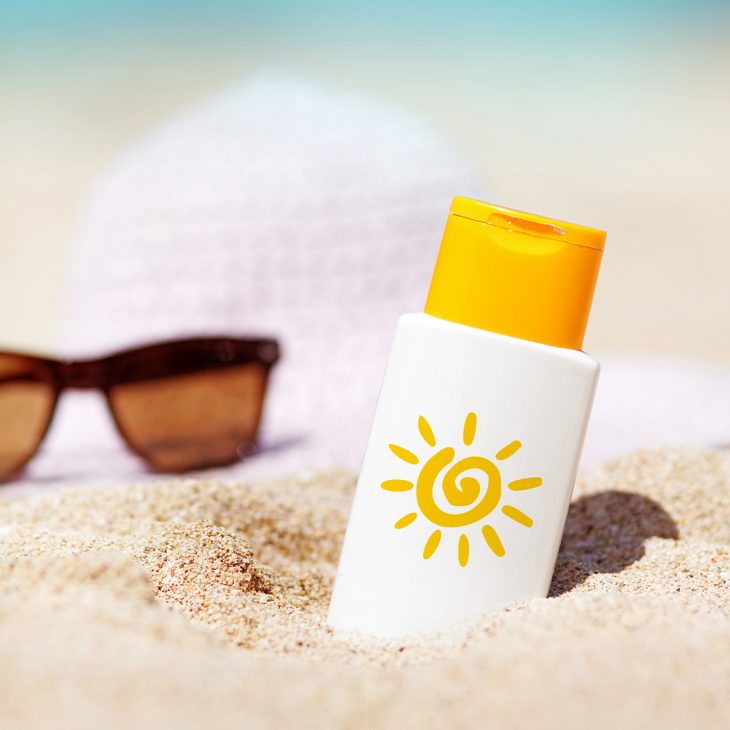
First up, we’ve got chemical sunscreen. This stuff is all about absorption – it soaks up those UV rays and neutralizes them, releasing heat. It’s like a ninja warrior battling those sunbeams. But beware, sensitive skin types, because this formulation can be a bit irritating. And you gotta give it some time to work – we’re talking 15-20 minutes of chillin’ before you’re fully protected.
Next, we’ve got physical sunscreen. This bad boy is all about reflection – it creates a barrier or shields over your skin, bouncing those rays away like a superhero deflecting bullets. It’s perfect for sensitive skin and babies, but can feel a bit thick and leave a white cast. It’s like putting on a coat of armour, but for your skin.
And finally, we’ve got the hybrid sunscreen—the best of both worlds. Mixing chemical and physical sunscreen ingredients creates a formula that’s easier to apply, lighter in consistency, and less irritating. Plus, it screens a larger portion of the spectrum, protecting you from both UVA and UVB rays. It’s like a combination of Batman and Superman—a sunscreen superhero team-up.
Benefits of Sunscreen
#1 Keeps your complexion even
Say goodbye to pesky dark spots and uneven skin tone. Sunscreen helps prevent sun damage, which is one of the main culprits of skin discolouration.
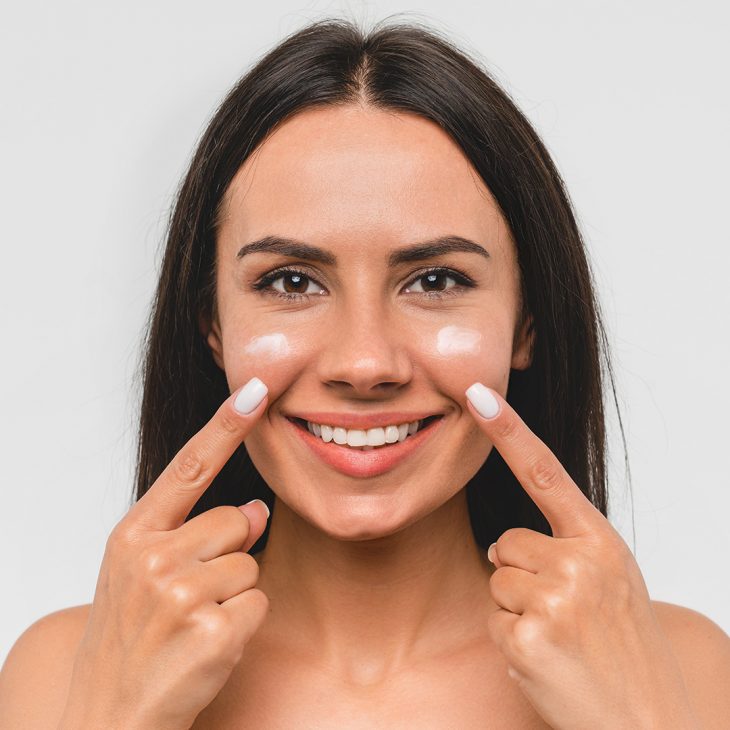
#2 Protects against harmful UV rays
The sun may be a great source of Vitamin D, but its UV rays can be a real downer. Sunscreen minimizes the penetration of UV rays into your skin, helping to prevent a variety of skin disorders.
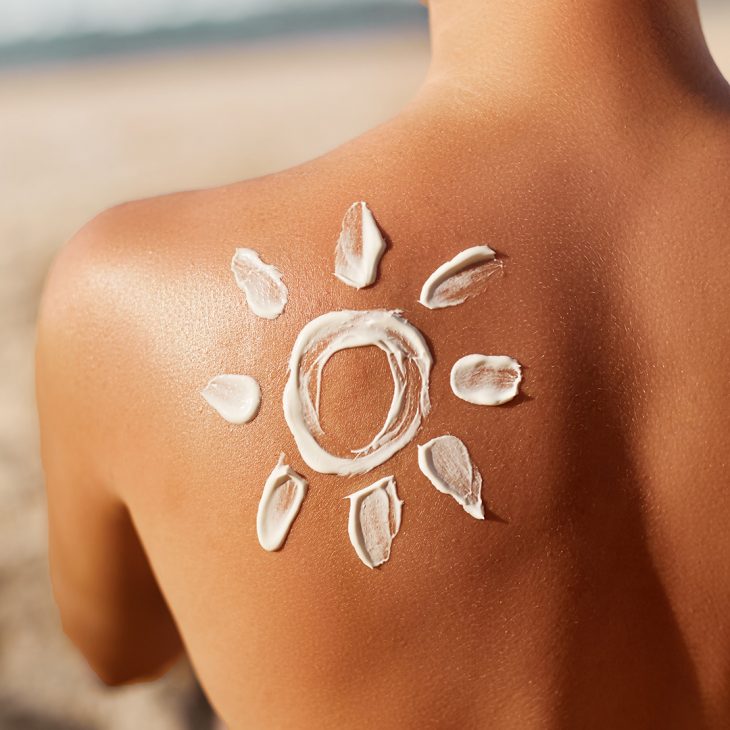
#3 Helps you age gracefully
Wrinkles and fine lines may be a natural part of the ageing process, but they don’t have to be accelerated by sun damage. Daily sunscreen use can help protect against premature ageing, keeping you looking youthful and radiant.

#4 Reduces the risk of skin cancer
Melanoma is no joke. But regular sunscreen use can significantly decrease your chances of developing this aggressive form of skin cancer. It’s a small step you can take to protect your health.
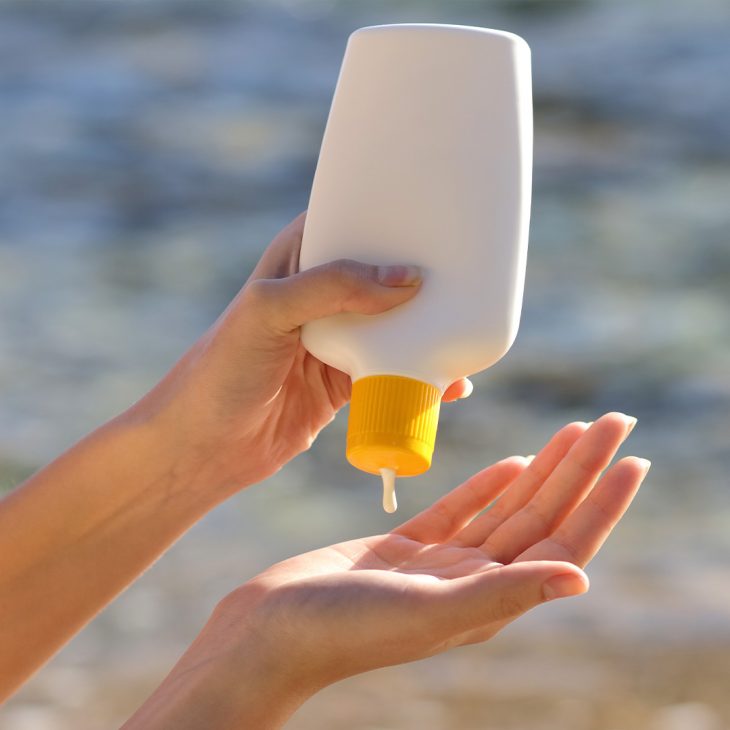
#5 Promotes overall skin health
When it comes down to it, healthy skin is happy skin. Sunscreen protects essential proteins in your skin, like keratin, which keep it looking and functioning at its best. So, lather up and keep that skin glowing!
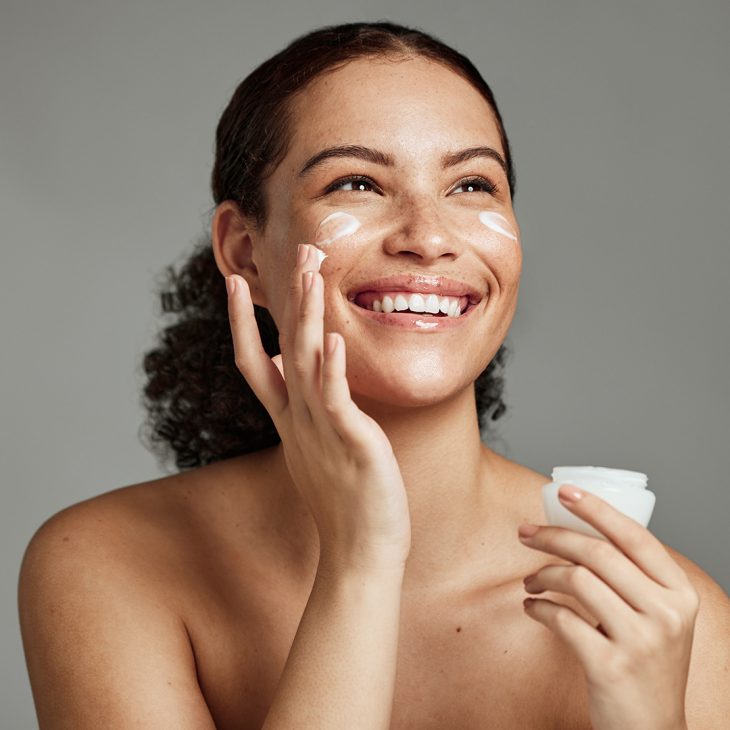
What Not to Miss on Your Sunscreen Label?
Here’s what not to miss on your sunscreen label:
- SPF: The Sun Protection Factor is key to keeping those UVB rays at bay. Aim for at least SPF 30, but if you really want to be a sun-smart superstar, go for SPF 50.
- Broad Spectrum: You want a sunscreen that will protect you from both UVA and UVB rays. Make sure it says “broad spectrum” on the label.
- PA Rating: For extra UVA protection, check the PA rating. The more plus signs, the better. PA++++ is like a personal bodyguard for your skin.
- Skin Type: Not all sunscreens are created equal. Make sure you choose one that’s suited for your skin type, whether you’re oily, dry, or somewhere in between.
- Expiration Date: Your sunscreen won’t last forever. Check the expiration date before slathering it on, or you’ll end up with a sunburn and wasted product.
How and When to Apply Sunscreen?
If you’re wondering how to use sunscreen effectively to protect your skin from the sun’s harmful rays, here are some tips:
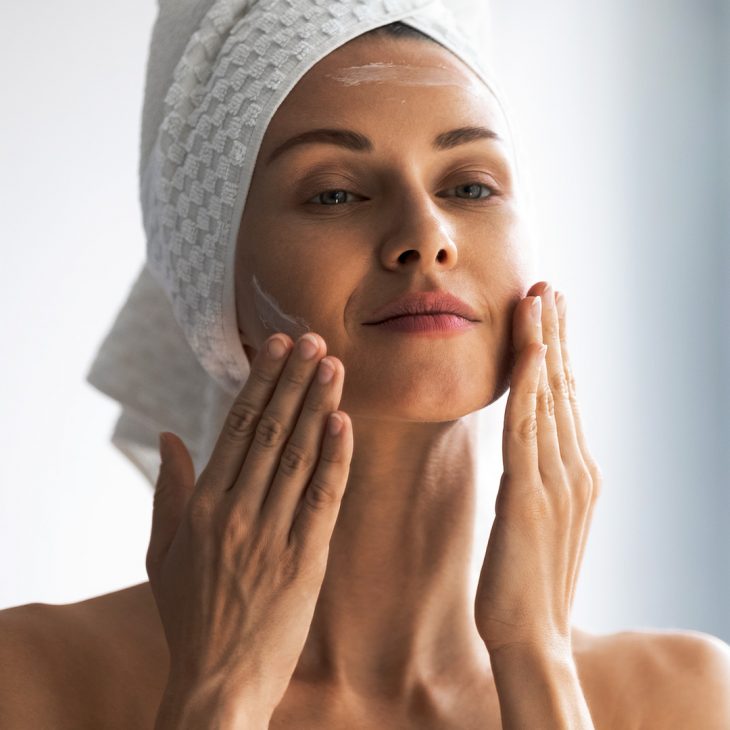
- Always apply sunscreen well in advance before you go out. Your skin needs at least 15 minutes to absorb the sunscreen and start working its magic.
- Before applying sunscreen, follow a CTM routine consisting of a gentle face wash, toner, and moisturizer. Once your moisturizer is absorbed, apply a generous layer of sunscreen on the face and neck.
- Don’t be stingy. A shot glass worth of sunscreen is what you need to cover your whole body. So, don’t be afraid to use it liberally, your skin will thank you.
- Cover all your bases. Don’t forget to apply sunscreen to all the nooks and crannies of your body, including your neck, face, ears, tops of your feet and legs. And, for those hard-to-reach spots, get a buddy to lend a hand or use a spray.
- Protect your pout. Lips can burn too, so make sure to apply a lip balm with at least SPF 15.
- Keep it fresh. Reapply every two hours or immediately after swimming or sweating. Using expired sunscreen or not applying enough are surefire ways to get a nasty sunburn.
Disadvantage of Sunscreen
While sunscreen is a great way to protect your skin from the sun’s harmful rays, there are some “cons” to consider. For starters, if you’re not careful, you could end up looking like a ghost with that white cast some sunscreens leave behind. And let’s not forget the greasy residue that makes you feel like you could fry an egg on your face.
But hey, those are just minor inconveniences compared to the major advantages of sunscreen. So, let’s keep slathering on that SPF and protect ourselves from the sun, one ghostly white face at a time!
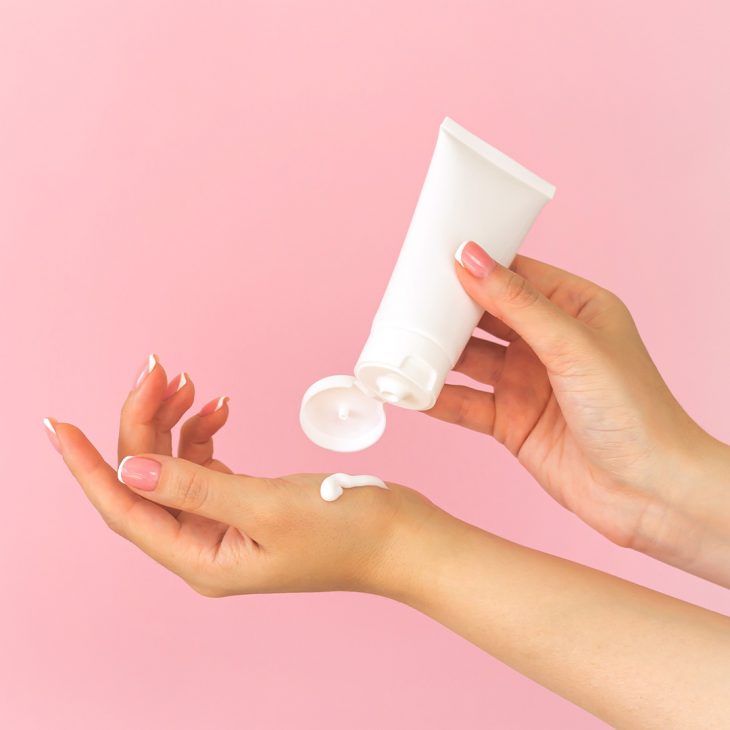
Takeaway
There you have it, folks! Sunscreen is not just for summertime, it’s a year-round essential for keeping your skin healthy, youthful, and protected from harmful UV rays. Whether you’re a fan of physical, chemical, or hybrid sunscreen, make sure you choose one that’s broad-spectrum and suited for your skin type. With these tips, you’ll be blocking UV rays like a boss and keeping your skin glowing all year long!

